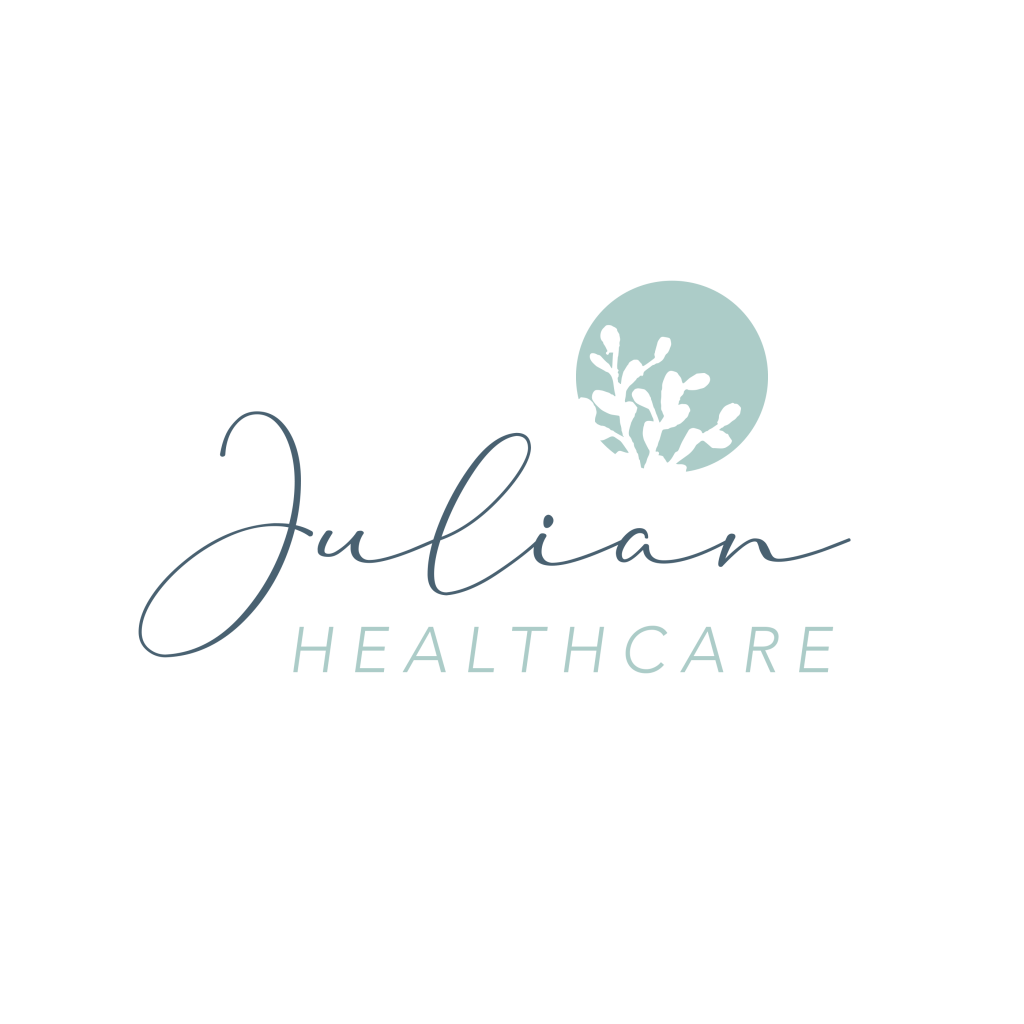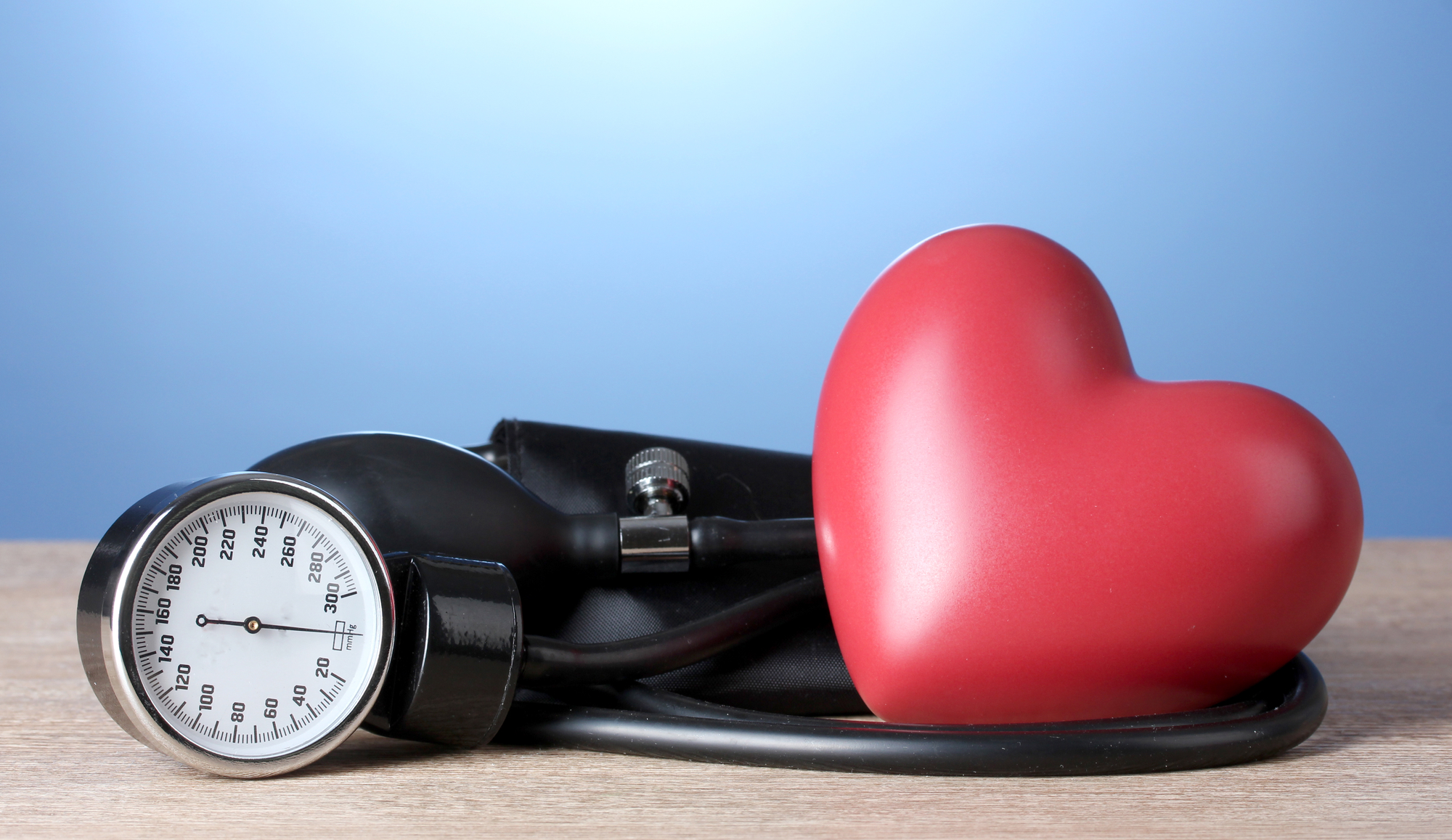What causes hypertension?
High blood pressure. This is a common condition, but many do not understand what it really is, what causes it, and what can be done to treat it. According to the Mayo Clinic, high blood pressure or hypertension is when the long-term force of the blood against your artery walls is high enough that it may eventually cause health problems, such as heart disease.
There are two factors that go into blood pressure: the amount of blood your heart pumps and how much resistance there is to the flow of blood in your arteries. If your arteries are narrow, this leads to higher blood pressure.
There are two types of hypertension: primary and secondary. Primary hypertension is the most common type, with no direct cause. This type develops over many years and usually goes undetected. Secondary hypertension is caused by another condition such as adrenal gland tumors, thyroid and kidney issues, sleep apnea, and certain prescription and illegal drugs.
The ‘Silent Killer’
Hypertension is often called a “silent killer,” because it often goes unnoticed. Those who have the condition may complain of shortness of breath or headaches, but these symptoms usually do not present themselves until the condition is severe. Even with very high levels, however, most people who have high blood pressure experience no symptoms.
While symptoms may not be present, that doesn’t mean that damage isn’t happening to the body. Without care, hypertension can affect the blood vessels and damage the heart, possibly leading to heart attack or stroke.
Treatment Goals
Blood pressure treatment goals depend on each person’s individual health. The blood pressure treatment goal should be less than 130/80 mm Hg for:
-a healthy adult age 65 or older
-a healthy adult younger than age 65 with a 10 percent or higher risk of developing cardiovascular disease in the next 10 years
-those with a chronic kidney disease, diabetes or coronary artery disease
Although 120/80 mm Hg or lower is the ideal blood pressure goal, researchers are unsure if treatment (medications) is needed to reach that level.
Lifestyle Changes
Lifestyle changes can go a long way toward controlling high blood pressure. Changes include:
- Eating a heart-healthy diet with less refined salt
- Getting regular physical activity
- Maintaining a healthy weight or losing weight if overweight or obese
- Limiting alcohol intake
- Getting healthy sleep (7-9 hours per night)
- Managing stress well
The Next Step
Sometimes lifestyle changes aren’t enough, according to Susan Julian of Julian Healthcare.
“At Julian Healthcare, we also look at other labs such as advanced cholesterol markers, fatty acid profiles, inflammation markers, nutrient levels and metabolic markers such as insulin levels utilizing Boston Heart labs or similar tests,” Julian noted. “Genetic testing can also be helpful.”
Functional medicine providers like Julian often order 24-hour at-home blood pressure monitoring and other diagnostic testing as indicated. Because functional medicine is focused on identifying the root cause, that is the initial focus in treating hypertension.
“When we feel like we have the root cause identified, we often recommend nutraceuticals (nutrients used as treatment),” Julian shared. “We also often recommend stress management techniques, referral for medical Reiki, massage, chiropractic, acupuncture, or cranio-sacral treatments, and, if needed, medications.”
References:
https://www.mayoclinic.org/diseases-conditions/high-blood-pressure/symptoms-causes/syc-20373410, accessed June 12, 2019
https://www.heart.org/en/health-topics/high-blood-pressure/high-blood-pressure-toolkit-resources accessed June 12, 2019

